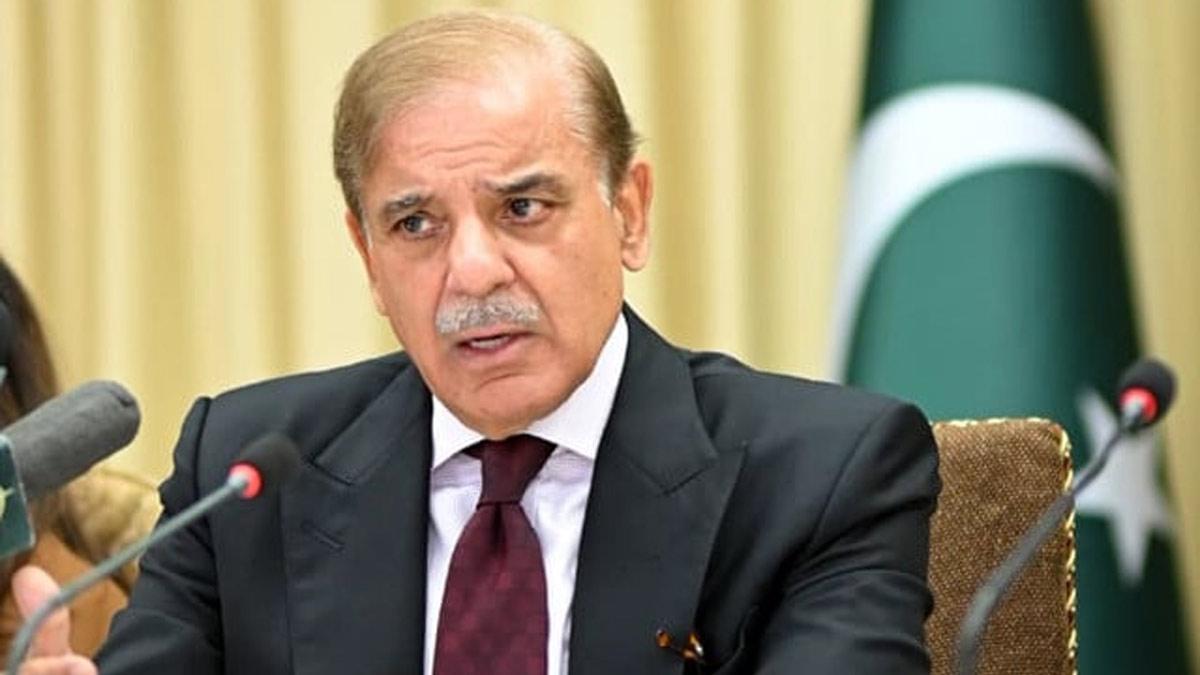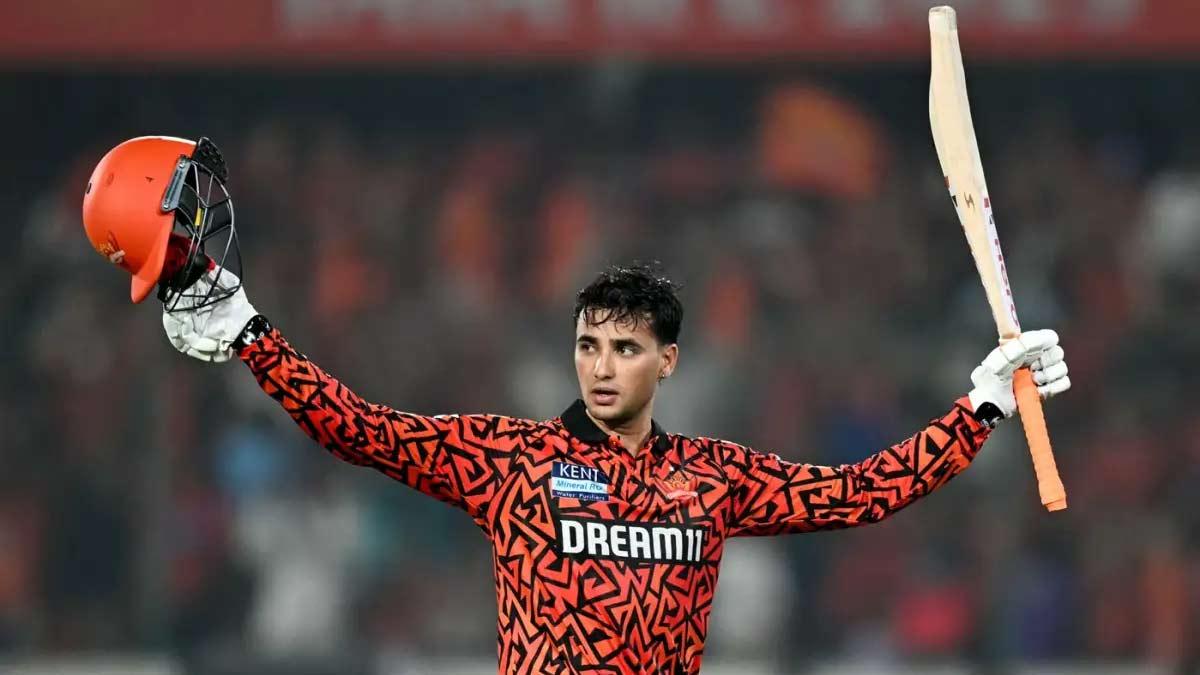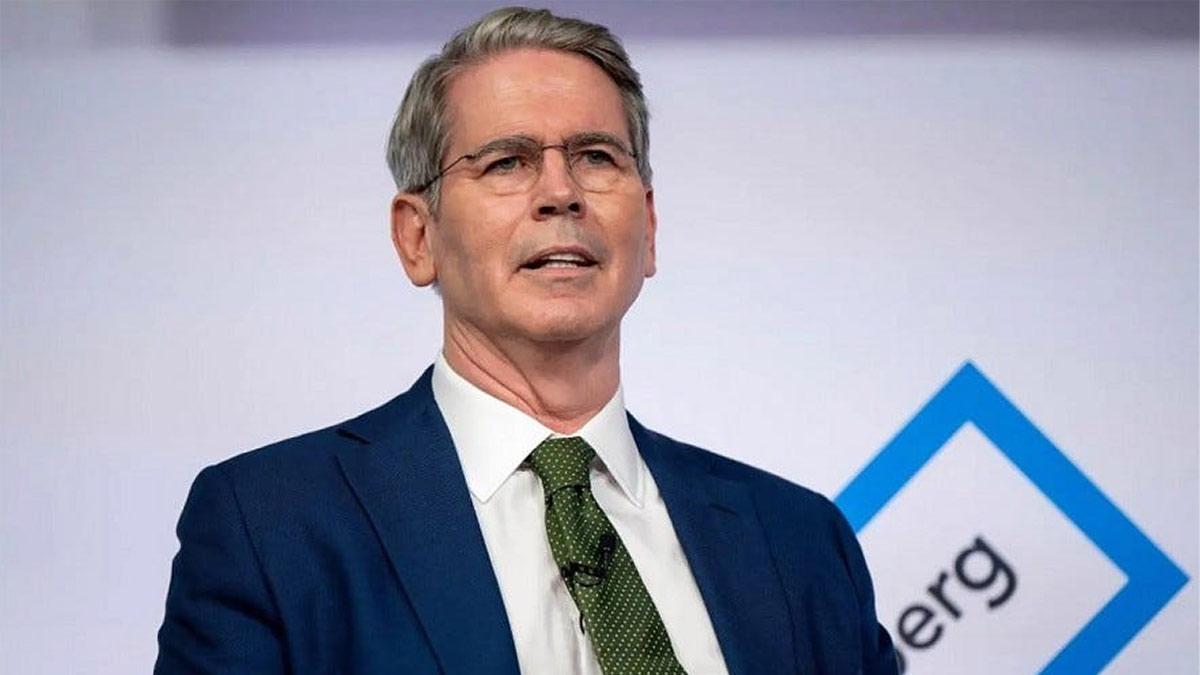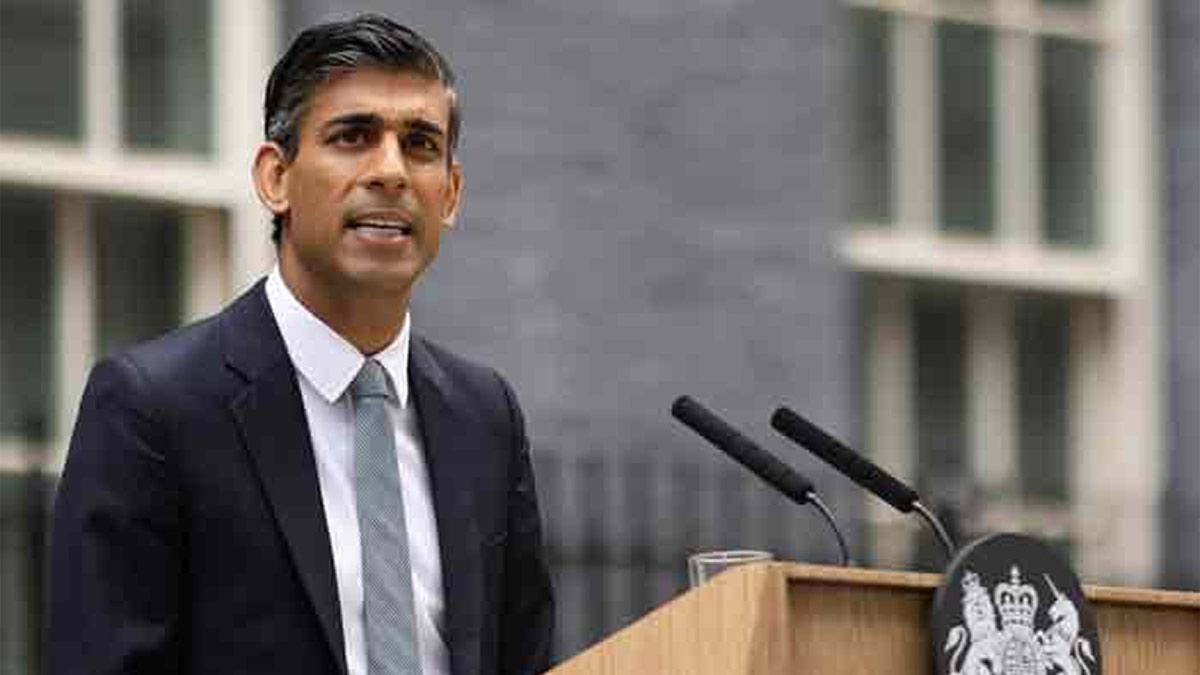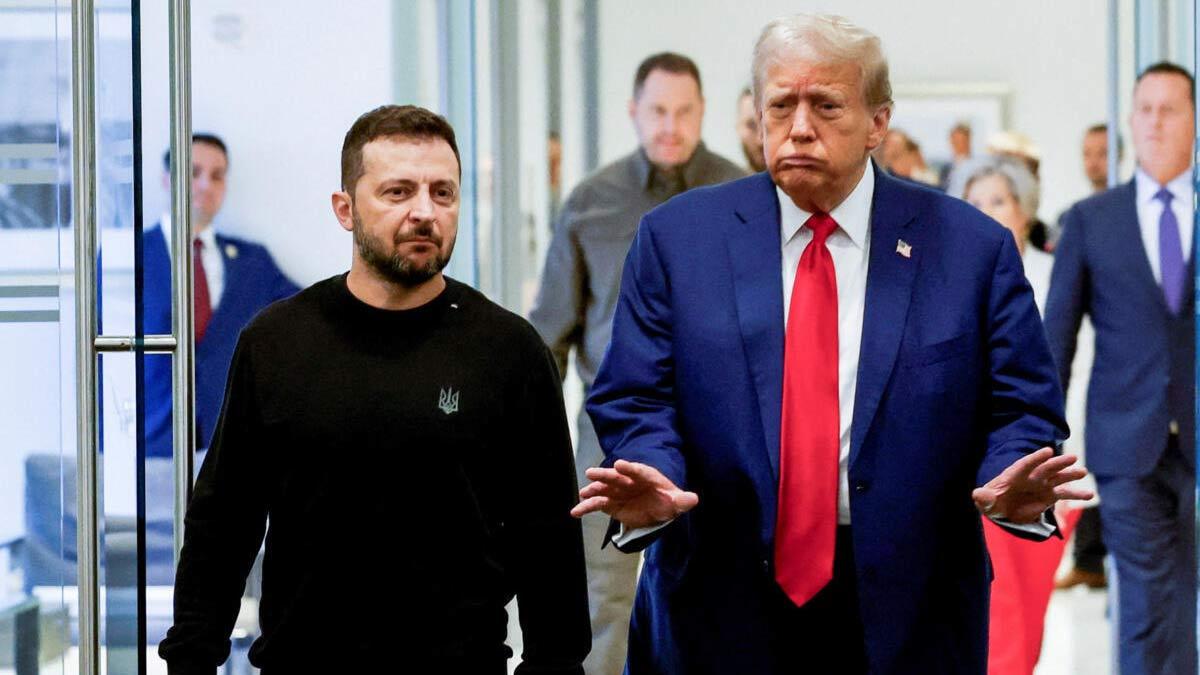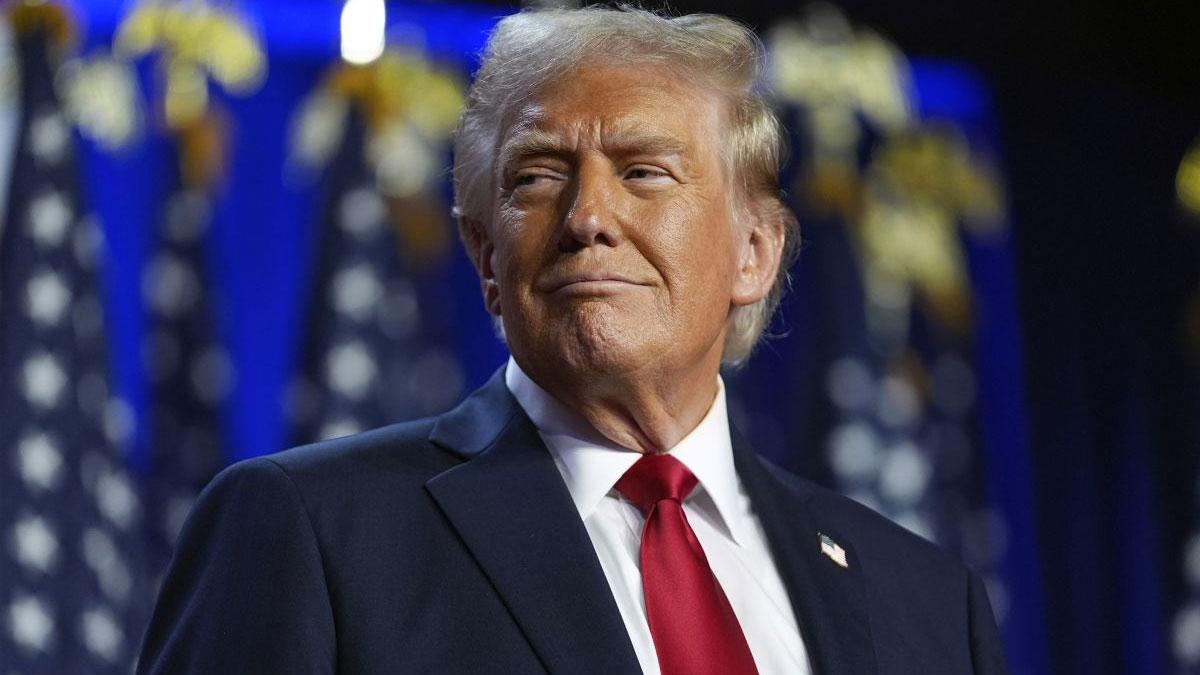Pakistan Prime Minister Shehbaz Sharif has summoned an emergency meeting of the National Security Committee (NSC) on Thursday after India announced suspending the Indus Waters Treaty (IWT) and imposing a series of tough steps in reaction to the terror attack in Jammu and Kashmir's Pahalgam.
The attack was against tourists, leading to a gruesome ambush after the attackers ascertained the religious identity of their victims—Hindu or Muslim.
The fatal accident killed at least 27 Indian tourists, injuring another 17. Pakistan condemned India's reaction, saying they are not serious and that Islamabad will make a strong counter-action after the meeting of the NSC.
Pakistan's Foreign Minister and Deputy Prime Minister, Ishaq Dar, denounced India's decision to suspend the IWT and take other retaliatory steps like shutting down the Wagah-Attari border and revoking visas for Pakistani citizens. Dar termed these steps as "unserious and inappropriate."
"India has not produced any evidence of Pakistan's involvement in the recent terror attacks and appears to be acting on impulse," Dar said. "Whenever there is a crisis in India, it blames Pakistan," he added.
After the Pahalgam attack, India announced a series of quick reactions. Indian Foreign Secretary Vikram Misri clarified that these decisions were taken after a thorough briefing to the Union Cabinet about the attack.
The Indus Waters Treaty of 1960 shall be suspended immediately until Pakistan withdraws its irrevocable and credible actions to give up support for cross-border terrorism," Misri announced.
Further, the Wagah-Attari border, the main point for trade and civilian movement between Pakistan and India, will remain shut indefinitely. There has been an imposition of restrictions on Pakistani citizens entering India, and those present in the nation have been offered 48 hours to depart. India also declared the expulsion of Pakistani military advisers from its High Commission in New Delhi, including Army, Navy, and Air Force personnel. They have been asked to leave within one week.
India is also withdrawing its own military advisers and at least five support personnel from its High Commission in Islamabad. Further, the Cabinet has also decided to withdraw the SAARC Visa Exemption Scheme (SVES) for Pakistani citizens, and all SVES visas already issued to them have been withdrawn. Pakistani citizens already in India under the scheme have been asked to leave within 48 hours.
Overall India High Commission in Islamabad staff will also be cut from 55 to 30 as of May 1.
Pakistan has since summoned an NSC emergency meeting, which will now also respond to India's diplomatic efforts. "India's behavior is not proper, and the NSC will provide a detailed response," Pakistan's Deputy PM Ishaq Dar stated. He added that it was not proper for India to vent outrage at terrorism on Pakistan without giving any tangible evidence.
Pakistan Power Minister Awais Leghari termed India's suspension of the IWT as a "reckless act of water warfare" and a move against the law. "Each drop of water belongs to us, and we will resist it with all legal, political, and international strength," Leghari declared.
Read also| PM Modi Co-Chairs Strategic Council with Saudi Crown Prince Before Returning to India
Read also| Global Leaders Condemn Pahalgam Terror Attack, Express Solidarity with India

